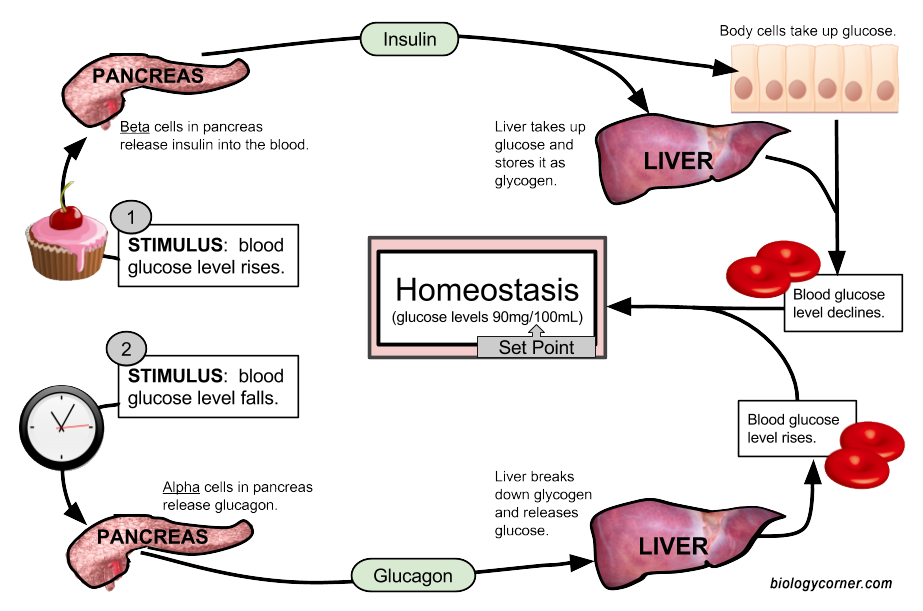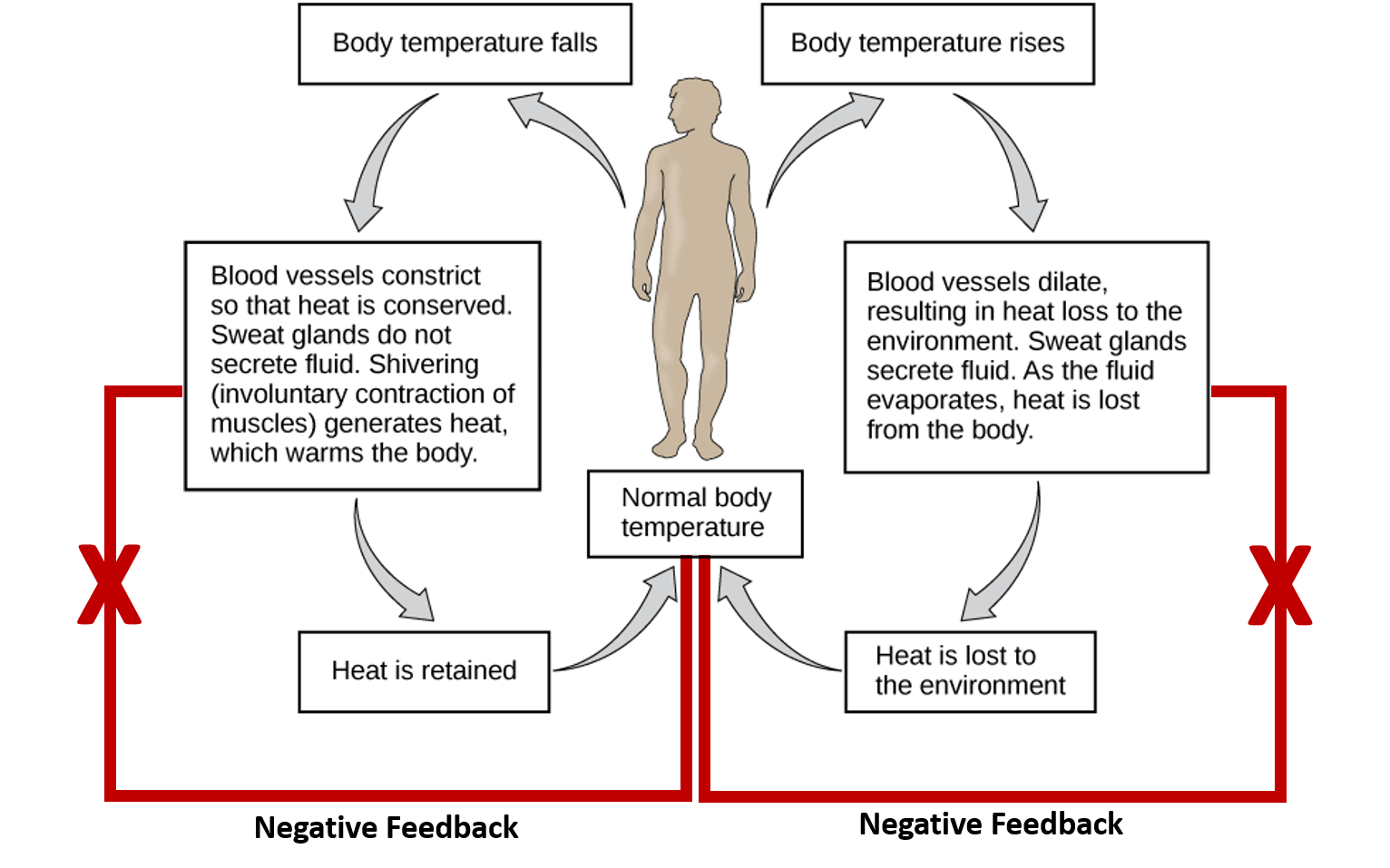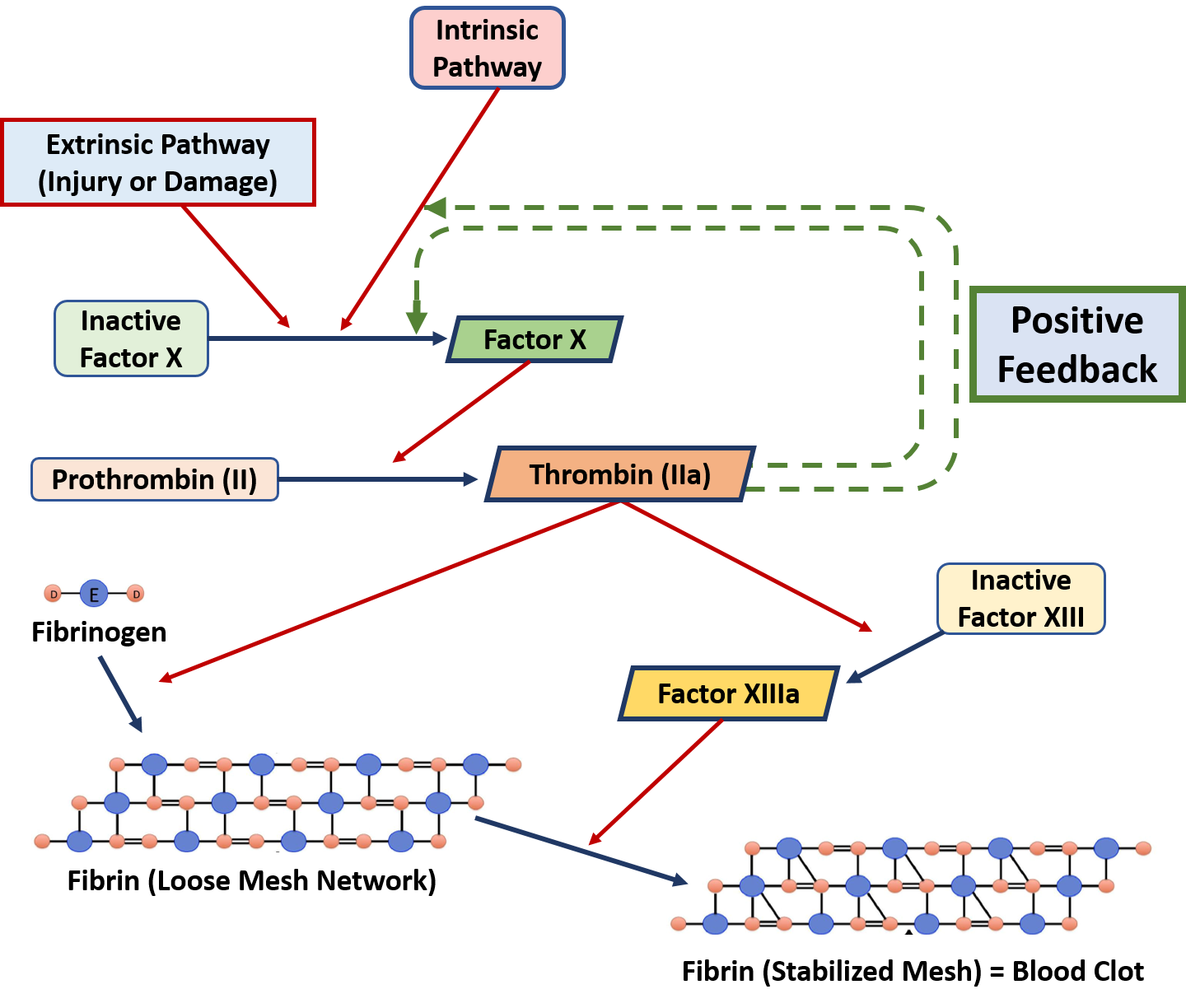Describe Ways a Lack of Water Could Affect Cell Functions
In physiology and medicine dehydration hypohydration is defined as the excessive loss of body fluid. Because some cells perform specific functions they have special modified structures.

Ch103 Chapter 8 Homeostasis And Cellular Function Chemistry
When youre losing more water through breathing sweating and urinating than you.

. Plants also undergo the process of osmosis in the same way that animals cells do. It is literally the removal of water from an object. Prokaryotic cells lack a nucleus.
B transcribed and translated almost simultaneously. The body loses water through urine sweat and physiological functions such as digestion. Regulates body temperature.
Therefore the genes in prokaryotic cells are. These mechanisms are sensitive and precise and are activated with deficits or excesses of water amounting to only a few hundred milliliters. All cells need adequate nutrients to do work.
Lessens burden the on kidneys and liver by flushing out waste products. Lack of water to the brain can cause numerous symptoms including problems with focus memory brain fatigue and brain fog as well as headaches sleep issues anger depression and many more. Mild water deficiency symptoms include weakness low blood pressure dark urine dizziness confusion and reduced cognitive function.
Cell walls are turgid or. What are 2 ways that you could preserve the wetlands. Dehydration causes the interior of your cells to lose water.
Your brain will work faster. If body cells lose or gain too much water by osmosis they do not function efficiently. It will make the shape of the cell disform and the temperature will increase rapidly and none of the chemicals that the cells need would dissolve.
This means that the body begins to compensate by producing more cholesterol some of which is. About two-thirds of the human body is comprised of water so dehydration affects most of the bodys functions. A mild fluid decline of 2 percent can impact your ability to concentrate according to the June 2003 issue of the European Journal of Clinical Nutrition.
Your body is made up of about 60 percent water which is needed to keep all of your systems functioning properly. Since 75 or more of your body is made of water your cells wouldnt be able to properly regenerate without water and your organs could start malfunctioning. You can use the SUM function to do it or you could do it other ways like just using the in a formula.
The cells in this organ need a delicate precise balance of water and other elements to work the way it should. They lack a nucleus to make more space for the oxygen-carrying pigment hemoglobin. Moistens tissues in the eyes nose and mouth.
Even a modest restriction in water intake can decrease your total water volume and impact your health. A all expressed all of the time. Drinking water and brain function are integrally linked.
C transcriptionally controlled because translation begins before transcription ends. Your brain needs to be properly hydrated to function properly. For example red blood cells are the oxygen carriers in the body.
Any imbalance of water entering or leaving the body will create an osmotic imbalance that will adversely affect cell and tissue function. Carries nutrients and oxygen to cells. Given the varied importance for water in the body the consequences of poor water intake can also vary substantially.
In this article we want to tell you about some of the amazing ways drinking water affects your brain. However in physiological terms it entails a deficiency of fluid within an organism. Your circulatory system needs water to function properlyblood High levels of bad cholesterol.
In studies dehydration has been associated with increased fatigue anger and confusion as well as mood problems and decreased vigor. The body is a very intricate system where many parts rely on each other. Without the cells being able to perform or move oxygen around the body death would be quick to follow the loss of the water.
Over 70 percent of your body is composed of water and every function in the body is dependent on water including the. A water deficit produces an increase in the ionic concentration of the extracellular compartment which takes water from the intracellular compartment causing cells to shrink. Helps dissolve minerals and nutrients to make them accessible to your body.
Without proper nutrients the cells can die or fail to function properly. The various structures and organelles in a cell float in a liquid called the cytoplasm. This greatly increases the passage of water from the renal filtrate through the wall of the collecting tubule as well as the reabsorption of water into the bloodstream.
You need to be well hydrated for your cells to work properly. How would a lack of water affect a cells enzymes. Water is important to cells because without it they would not be able to remove waste bring in nutrients or transport oxygen.
Protects body organs and tissues. Your body also needs antioxidants substances commonly found in fruits and vegetables to neutralize free radicals or highly reactive molecules that can harm your cells.

Ch103 Chapter 8 Homeostasis And Cellular Function Chemistry

Ch103 Chapter 8 Homeostasis And Cellular Function Chemistry

The Neuroscience Of Thirst How Your Brain Tells You To Look For Water Science In The News
No comments for "Describe Ways a Lack of Water Could Affect Cell Functions"
Post a Comment